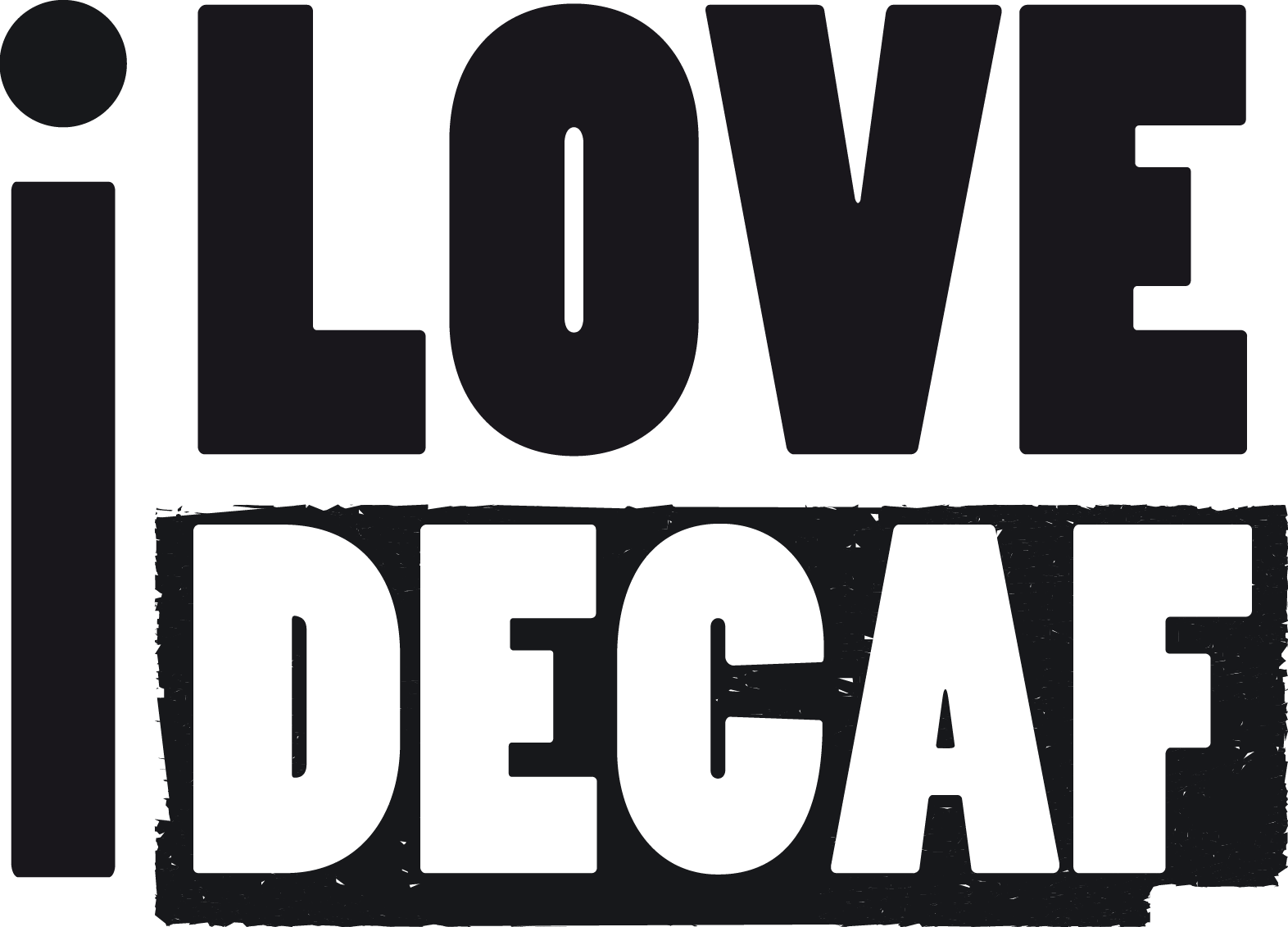Two titans of decaffeination duke it out for British coffee supremacy
The Great Decaffeination Debate
In the red corner, we have Swiss Water Process – the chemical-free champion that’s been perfecting its craft since the 1970s. In the blue corner, there’s the CO2 Process (charmingly nicknamed the “sparkling water method” by marketing teams with a sense of humour).
Both promise to deliver the holy grail of decaf: all the flavor, none of the caffeine, and zero regrets. But which one actually delivers? We’re settling this once and for all, British-style – with facts, flavor comparisons, and just enough snark to keep things interesting.
Swiss Water Process: The OG Chemical-Free Champion
How It Actually Works
The Swiss Water Process is like the Marie Kondo of decaffeination – it carefully removes what doesn’t spark joy (caffeine) while preserving everything that does (flavor). Here’s the magic:
- Green Coffee Extract Creation: They make coffee-flavored water saturated with everything good about coffee except caffeine
- The Caffeine Extraction: Fresh beans soak in this extract, and only caffeine moves out of the beans
- Carbon Filter Magic: Caffeine gets trapped by activated carbon filters
- Repeat Until Perfect: 8-12 hours later, you’ve got 99.9% caffeine-free beans
No chemicals, no shortcuts, just patient water-based wizardry that would make the Swiss proud.
The Swiss Water Advantage
Flavour Preservation: Because the extract is pre-loaded with flavor compounds, beans don’t lose their taste molecules during processing. It’s like having a protective flavor force field.
Chemical-Free Guarantee: Zero synthetic chemicals touch your beans. Your morning cup contains nothing you can’t pronounce or wouldn’t want to explain to your grandmother.
Consistency: Batch after batch delivers reliable results. Your Tuesday morning cup tastes like your Saturday afternoon cup.
Environmental Credentials: Water-based processing with minimal environmental impact. The Swiss don’t mess about when it comes to being responsible.
CO2 Process: The High-Tech Contender
The Science Behind the Sparkle
The CO2 process sounds like something from a sci-fi movie, but it’s actually beautifully simple:
- Pressure Application: Green coffee beans get treated with CO2 under high pressure
- Selective Extraction: CO2 becomes “supercritical” and selectively bonds with caffeine molecules
- Separation: The CO2-caffeine mixture gets separated, leaving clean beans behind
- CO2 Recovery: The CO2 gets recycled for the next batch
It’s molecular-level precision that would make a Swiss watchmaker jealous (though they might stick with their water method out of principle).
The CO2 Advantage
Speed: Faster processing than Swiss Water, which can mean fresher beans reaching market quicker.
Precision: CO2 targets caffeine specifically without affecting other compounds. It’s like surgical caffeine removal.
Scalability: Easier to scale up for large operations, making premium decaf more accessible.
Flavor Intensity: Some argue CO2 processing preserves more subtle flavor notes, especially in lighter roasts.
The Flavour Face-Off
Swiss Water Process Taste Profile
- Body: Full, rich mouthfeel that closely mimics regular coffee
- Flavor Notes: Excellent preservation of original bean characteristics
- Finish: Clean, with minimal processing taste
- Best For: Medium to dark roasts, espresso blends
UK roasters using Swiss Water Process consistently produce decaf that makes you forget you’re drinking decaf. The flavor preservation is so good, it’s almost unfair to other processing methods.
CO2 Process Taste Profile
- Body: Slightly lighter than Swiss Water but still substantial
- Flavor Notes: Exceptional preservation of delicate, complex flavors
- Finish: Crisp, bright, with excellent clarity
- Best For: Light to medium roasts, single-origin coffees
CO2 processed decaf often surprises with its clarity and brightness. It’s like HD television for your taste buds – everything just seems sharper and more defined.
The UK Market Reality Check
Swiss Water Dominance
Most premium UK decaf brands lean heavily toward Swiss Water Process:
- I Love Decaf: Swiss Water advocates producing consistently excellent decaf and chemical-free processing aligns perfectly with our “no compromise” philosophy
- Specialty independents: Most craft roasters choose Swiss Water for its reliability and marketing appeal
CO2 Process Presence
While less common in the UK specialty scene, CO2 process is gaining ground:
- Commercial operations: Larger roasters often use CO2 for efficiency
- Premium imports: Some high-end European decafs use CO2 processing
- Innovation focus: Forward-thinking roasters are experimenting with CO2 for specific bean profiles
The Environmental Scorecard
Swiss Water Process
Pros:
- Water-based system with minimal chemical impact
- Established recycling processes for water usage
- No synthetic chemicals in waste stream
Cons:
- High water usage (though recycled efficiently)
- Energy intensive due to long processing times
CO2 Process
Pros:
- CO2 is naturally occurring and completely recyclable
- Lower water usage than Swiss Water
- More energy efficient per batch
Cons:
- Requires specialised equipment with higher initial environmental cost
- High-pressure systems need more energy to operate
Winner: It’s closer than you’d think, but CO2 edges ahead on overall environmental efficiency.
The Health and Safety Angle
Swiss Water Process
- Chemical exposure: Zero synthetic chemicals
- Residue concerns: None whatsoever
- Health claims: Marketing gold for health-conscious consumers
- Allergen considerations: No additional allergen risks introduced
CO2 Process
- Chemical exposure: CO2 is naturally occurring and food-safe
- Residue concerns: CO2 leaves no residue (it’s a gas, after all)
- Health claims: Safe but less marketable than “chemical-free”
- Allergen considerations: No additional allergen risks
Winner: Swiss Water takes this round purely on marketing appeal, though both are equally safe.
Cost and Accessibility
Processing Costs
Swiss Water: Higher processing costs due to longer extraction times and specialized facilities
CO2: Lower per-batch costs due to efficiency and speed
Consumer Pricing
Swiss Water decaf: Premium pricing, often 20-30% more than regular coffee
CO2 decaf: Moderate premium, usually 10-20% more than regular coffee
Market Availability
Swiss Water: Widely available in UK specialty coffee shops and online
CO2: Less common but growing, especially in supermarket premium ranges
The Brewing Considerations
Swiss Water Process Coffee
- Grind requirements: Standard grinding approaches work well
- Extraction: Behaves similarly to regular coffee in most brewing methods
- Espresso performance: Excellent crema and body retention
- Filter coffee: Full flavor development across brewing methods
CO2 Process Coffee
- Grind requirements: May benefit from slightly finer grinds due to density changes
- Extraction: Can be more forgiving in timing and temperature
- Espresso performance: Good crema, sometimes lighter body
- Filter coffee: Exceptional clarity and brightness in pour-over methods
The Verdict: Which Process Wins?
Swiss Water Process Takes Gold For:
- Marketing appeal: “Chemical-free” sells itself
- Consistency: Reliable results across different bean types
- Body and richness: Fuller mouthfeel in most cases
- UK market acceptance: Well-established and trusted
CO2 Process Takes Gold For:
- Efficiency: Faster processing, potentially fresher beans
- Environmental impact: Lower overall resource usage
- Flavor clarity: Exceptional preservation of delicate notes
- Cost effectiveness: Better value proposition
The Real Winner: Coffee Drinkers
Both processes produce decaf that’s light-years ahead of the chemical solvent methods of yesteryear. Your choice should depend on:
- Flavor preference: Fuller body (Swiss Water) vs. brighter clarity (CO2)
- Values alignment: Chemical-free guarantee vs. environmental efficiency
- Budget considerations: Premium pricing vs. moderate premium
- Availability: What your favorite roaster actually offers

